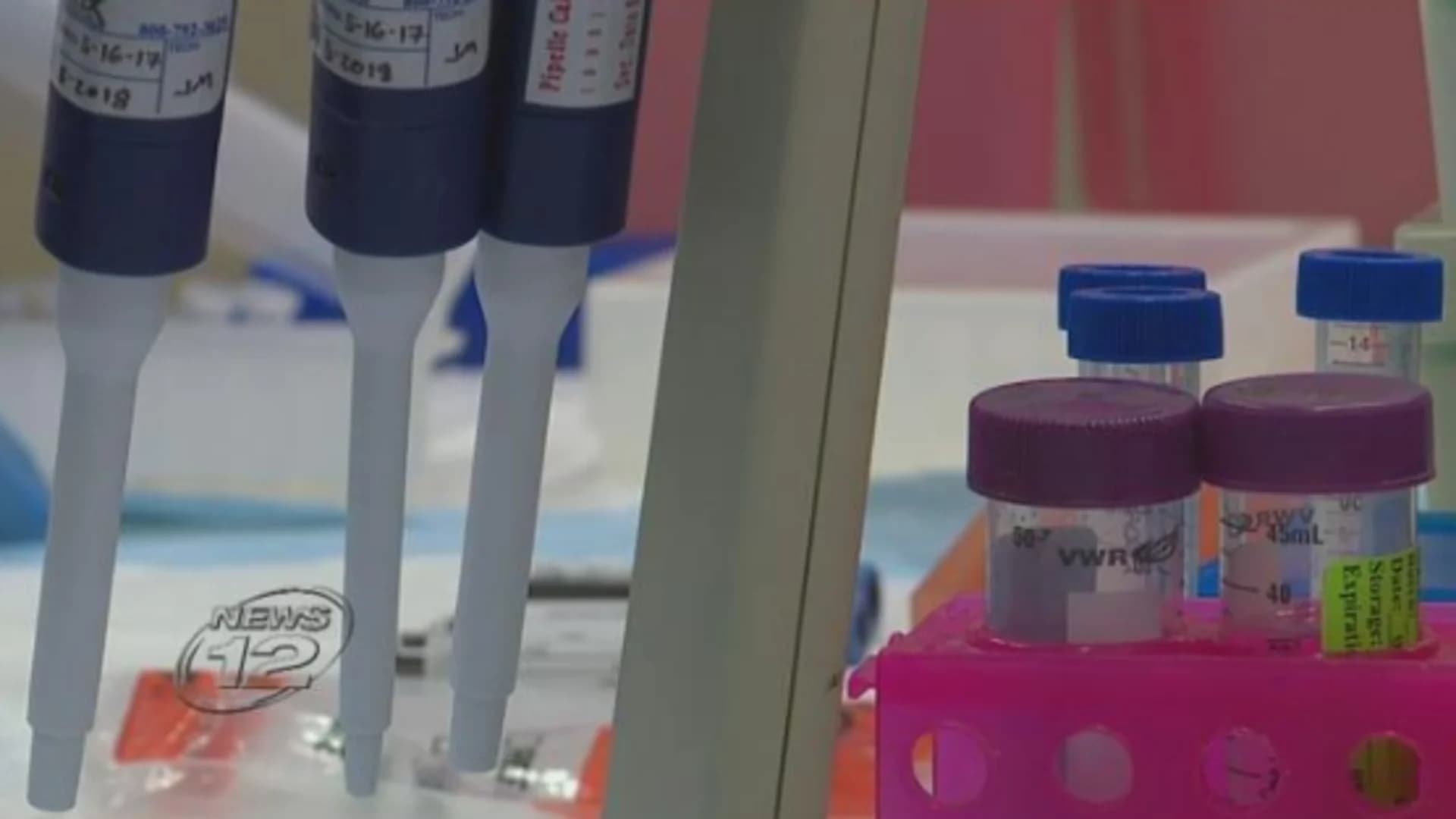
The use of a genealogical website to track down the alleged Golden State Killer is now raising legal and privacy concerns for the millions who submit their DNA to discover their heritage.
The commercials are everywhere. And plenty of people who spoke to News 12 Long Island said they would use DNA testing kits and online databases.
Several media outlets report investigators took the Golden State Killer suspect's DNA from the crime scene and then used the "open source" site GEDmatch.com. Police reportedly found the crime scene DNA was similar to relatives of Joseph James DeAngelo.
The case now has some people questioning exactly what information is out there when you use DNA testing kits like those with ancestry.com and 23andme.
“It is important to maintain confidentially as best as possible,” says Dr. David Tegay, a geneticist at the N.Y. Institute of Technology. Tegay says users do hand over a lot of very personal info with those DNA tests.
“The data that they generate using their genotyping platform, would allow somebody to determine their disease risks, and so many people do opt to download their raw data and analyze it,” says Tegay.
Ancestry.com and 23andme issued statements that they were not directly involved in the Golden State Serial killer case. The co-founder of GEDmatch says "it was done without their knowledge" and that they did not "hand out any information." But its online privacy policy is clear, including "all GEDCOMs uploaded may be viewed, searched or compared by any GEDmatch user."
“The spotlight is on it because of this case,” says tech expert Lance Ulanoff. Ulanoff says this revelation will likely change things for these DNA databases.
“There's a much broader issue here that goes to privacy, and it's just this constant conversation,” says Ulanoff. “We look at what's happened with Facebook.”
The commercials are everywhere. And plenty of people who spoke to News 12 Long Island said they would use DNA testing kits and online databases.
Several media outlets report investigators took the Golden State Killer suspect's DNA from the crime scene and then used the "open source" site GEDmatch.com. Police reportedly found the crime scene DNA was similar to relatives of Joseph James DeAngelo.
The case now has some people questioning exactly what information is out there when you use DNA testing kits like those with ancestry.com and 23andme.
“It is important to maintain confidentially as best as possible,” says Dr. David Tegay, a geneticist at the N.Y. Institute of Technology. Tegay says users do hand over a lot of very personal info with those DNA tests.
“The data that they generate using their genotyping platform, would allow somebody to determine their disease risks, and so many people do opt to download their raw data and analyze it,” says Tegay.
Ancestry.com and 23andme issued statements that they were not directly involved in the Golden State Serial killer case. The co-founder of GEDmatch says "it was done without their knowledge" and that they did not "hand out any information." But its online privacy policy is clear, including "all GEDCOMs uploaded may be viewed, searched or compared by any GEDmatch user."
“The spotlight is on it because of this case,” says tech expert Lance Ulanoff. Ulanoff says this revelation will likely change things for these DNA databases.
“There's a much broader issue here that goes to privacy, and it's just this constant conversation,” says Ulanoff. “We look at what's happened with Facebook.”
The GEDmatch website privacy policy also states that while the site is intended "solely for genealogical research," it is "unable to guarantee that users will not find other uses." It suggests users delete their data if they find that unacceptable.
More from News 12
1:50

Untreated roads freeze over across Long Island as temperatures plunge after weekend storm
1:13

BITTER BLAST: Icy roads and wind chills in the single digits for Long Island
0:24

Man dies in crash on Southern State Parkway in North Bellmore
0:32

Second teen arrested in Brentwood car theft with child inside
0:45

Check out Long Island's holiday displays for a good cause
0:29
